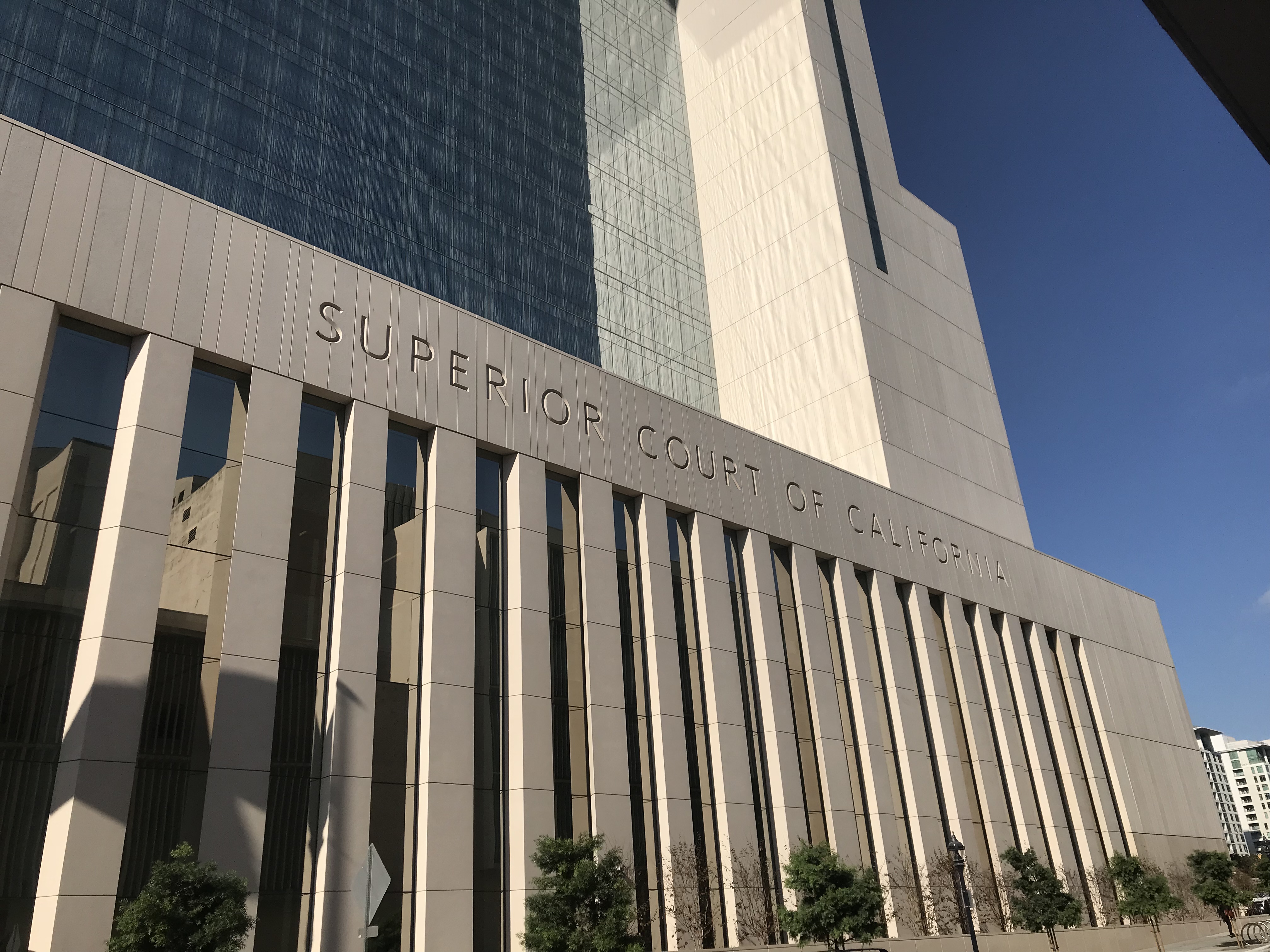“[M]ajority shareholders, either singly or acting in concert to accomplish a joint purpose, have a fiduciary responsibility to the minority and to the corporation to use their ability to control the corporation in a fair, just, and equitable manner. Majority shareholders may not use their power to control corporate activities to benefit themselves alone or in a manner detrimental to the minority. Any use to which they put the corporation or their power to control the corporation must benefit all shareholders proportionately and must not conflict with the proper conduct of the corporation’s business.” (Jones v. H. F. Ahmanson & Co. (1969) 1 Cal.3d 93, 108; accord, Sheley v. Harrop (2017) 9 Cal.App.5th 1147, 1171; see § 17704.09 [describing the fiduciary duties of members and managers of a limited liability company]; Feresi v. The Livery, LLC (2014) 232 Cal.App.4th 419, 425 [same]; Everest Investors 8 v. McNeil Partners (2003) 114 Cal.App.4th 411, 424-425 [describing the fiduciary obligations in a partnership].)
A minority shareholder may bring a cause of action for breach of fiduciary duty against majority shareholders either directly as an individual claim or as a derivative claim, depending on the circumstances. A direct claim is appropriate to enforce the individual stockholder’s rights against the majority (or in some cases against the corporation). But where a cause of action seeks to recover for harms to the corporation, the shareholders have no direct cause of action because a corporation exists as a separate legal entity. The shareholders may, however, bring a derivative suit to enforce the corporation’s rights and redress its injuries when the board of directors fails or refuses to do so. When a derivative suit is brought to litigate the rights of the corporation, the corporation is an indispensable party and must be joined as a nominal defendant.
Like many legal rules that seem straightforward, the distinction between direct and derivative actions is not always clear. In Schrage v. Schrage, (2021) 69 Cal.App.5th 126, the appellate court confronted one of these seemingly ambiguous cases.
The plaintiff and one-third shareholder in Schrage brought a direct action against the two other majority shareholders of a corporate car dealership. He alleged they breached their fiduciary duties by misappropriating company assets to fund a separately owned car dealership and to pay for lavish personal expenses, making business decisions without Leonard’s consent, and denying Leonard access to corporate books and records. Plaintiff alleged these acts “significantly impeded his ability to manage or participate in the affairs of the business,” “caused damage to the business and devalued his interest in turn.”
At trial, plaintiff’s damages expert opined that defendants’ misconduct caused the corporation a $75 million loss in value and that plaintiff’s one-third share of that damage ranged between $18 and $24 million. The trial court agreed and awarded plaintiff $24,418,472 in damages on his direct claim for breach of fiduciary duty. The Court of Appeal reversed on the grounds that plaintiff’s claim should have been brought as a derivative action.
Schrage, supra, 69 Cal.App.5th at pp. 152-153.
The appellate court distinguished plaintiff’s claims from those in Jara v. Suprema Meats, Inc.,(2004) 121 Cal.App.4th 1238, where the minority shareholder of a corporation alleged the two other shareholders breached their fiduciary obligations by paying themselves excessive executive compensation without the plaintiff’s approval and for the purpose of reducing the amount of profit to be shared with the plaintiff.
Schrage, supra, 69 Cal.App.5th at pp. 155-156.
The end result was that plaintiff’s claim could only be maintained as a derivative action and since plaintiff did not bring a derivative action, the $24 million damage award was reversed.



